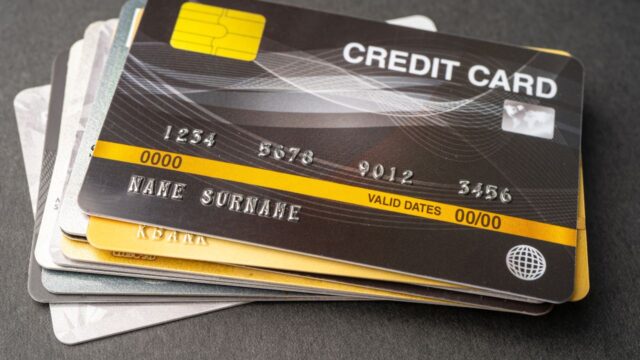
It’s a common question we all face at some point: “Can you have multiple bank accounts?” While the answer is “yes,” there are some things you need to consider before you open another account. On the one hand, having multiple accounts can help you budget, save money, and earn more interest.
On the other hand, it can lead to unnecessary fees, confusion and even overdrawn accounts. In this blog post, we’ll explore the pros and cons of having multiple bank accounts, so you can make an informed decision.
Pros:
1. Better Budgeting: Multiple bank accounts can help you better manage your finances. For example, you can have a separate checking account for bills and another for discretionary spending. You can also open up a savings account for a particular goal, like a down payment on a home, a vacation or a new car.
2. Higher Interest: Most banks offer higher interest rates on savings accounts that require a higher minimum balance. You can take advantage of this by opening up another savings account to earn more interest. Alternatively, you can open up a high-yield checking account and earn interest on your balances.
3. Bonus Offers: Many banks offer cash incentives to new customers who open a checking account and meet certain criteria, such as setting up direct deposit or completing a certain number of transactions.
4. Separation of Finances: By opening up a separate account for your business, investments, or other financial activities, you can easily keep these finances separate from your personal finances.
Cons:
1. Fees: Multiple bank accounts can mean more fees. For instance, some banks may charge monthly maintenance fees for checking or savings accounts, ATM fees, or overdraft fees.
2. Overdrawn Accounts: It can be easier to overdraw your account if you have multiple accounts to keep track of. If you forget which account you used for automatic payments or debits, for example, you could find yourself with a negative balance.
3. Confusion: Having multiple accounts with different banks, account numbers, and logins can also be confusing – even more, if you keep track of them manually.
4. Fraud and Identity Theft: The more accounts you have, the more chances there are for fraud or identity theft.
Things to Consider:
1. Your overall financial situation: Before opening another account, consider your budget and financial goals. Will this new account help you or hurt you financially?
2. Account details: Be sure to first research the account types, interest rates, fees, and requirements of different banks before opening an account.
3. Account management: Develop a system to manage multiple accounts, such as using a budget-tracking app or automating transfers.
4. Consolidating accounts: At some point, it may be time to close some accounts if they no longer serve a purpose or you’re being charged excessive fees.
In conclusion, having multiple bank accounts can be a smart financial move, but it’s not for everyone. Take the time to weigh the advantages and disadvantages carefully. The key is to find a system that works for you and your financial goals. Whether it’s budgeting, earning more interest or separating your finances, multiple accounts can be useful tools. So why not give it a try? But do it wisely!


































